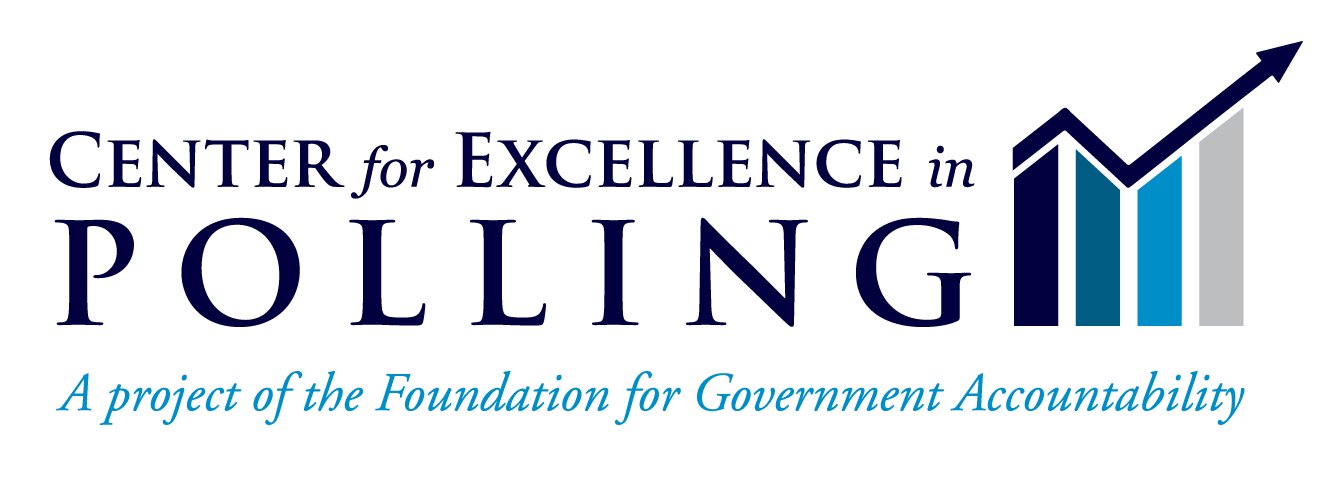Publication date: February 12th, 2024
Written by: Travis N. Taylor PHD
The Center for Excellence in Polling recently surveyed likely Idaho voters on the state’s expansion of Medicaid from the traditional populations of seniors, pregnant women, and people with disabilities to also include hundreds of thousands of able-bodied adults.
The survey found that a majority support reforms that could reduce spending on Medicaid (52%) and that voters don’t want to see expenses on other priorities like education and traditional Medicaid populations crowded out by the increasing government spending on Medicaid for able-bodied adults.1
69%
…of likely Idaho voters support reforms that would reduce spending so that the state can continue to cut waste, fraud, and abuse in Medicaid.
69%
…support limiting the growth of Medicaid spending until the state can ensure fraud and waste are under control.
65%
…support reforms that would reduce spending so that the state can continue to help the most vulnerable people in Idaho.
Voters don’t want to see other budget priorities crowded out
As the Medicaid program grows, there will be fewer resources in the state’s budget to cover other priorities. Voters are supportive of measures that would protect these priorities, such as education.
More than half oppose continuing Medicaid coverage of able-bodied adults if it meant that less money could be spent on education (56%), including a plurality of Democrat voters (47%). Voters are also reluctant to favor an increase in taxes associated with continuing to fund Medicaid for able-bodied populations: 57 percent oppose continuing coverage for able-bodied adults if it requires an increase in taxes.
Ultimately, Idaho voters expressed opposition to continuing coverage for able-bodied adults if it required cutting these services for traditional Medicaid populations, like seniors, pregnant women, and people with disabilities (67%).
1 Support and oppose results reported throughout are calculated by combining “strongly support/oppose” with “somewhat support/oppose” responses.
Methodology
Results for this poll were collected using a mixed-mode sampling frame that combines responses from automated telephone interviews with responses from an online panel. All data were collected by Cor Services, Inc. The combined statewide sample is of 503 likely Idaho voters.
The survey was conducted January 20–22, 2024. The margin of sampling error is ± 4.37 percentage points. The margin of sampling error may be higher for subgroups. Results presented may not always appear to total 100 percent due to rounding.
Data were post-stratified using weighted demographic information from the U.S. Census Bureau’s Current Population Survey Voting and Registration Supplement and the state election authorities. Demographic information for actual voters in past elections was used to construct sample target weights.
